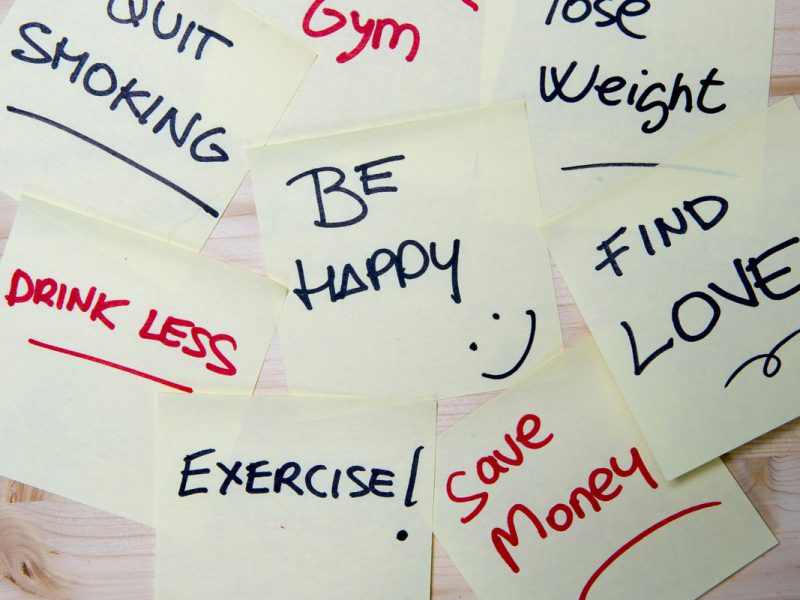
A definitive guide to relaxation for busy people
You’re too busy to even think straight most days. With a calendar filled with meetings, appointments, and social events, you barely have time to sleep, let alone make time for yourself.
If this sounds familiar, you may be among the millions of people who fill their schedules to the max. So what should you do? It may seem like your only option is saving relaxation during long weekends and holidays, but you’ll quickly experience burnout and unneeded stress with this approach. Self-care should be an everyday priority, and your body will thank you in the long run if you make it one!
Prioritizing relaxation is one of the simplest ways to stay healthy. Relaxation can slow heart rate, increase blood flow, and reduce chronic pain. Of course, none of these matters if you don’t ever find time to de-stress. Setting aside time is often easier said than done, so we created a guide that even the busiest people will be able to glean knowledge from. Ready to relax? Read on.
Start your day off right. When your alarm goes off in the morning, what do you do once you open your eyes? Maybe you check your cell phone notifications before getting out of bed or turn on the television as you prepare for the hours ahead.
There’s nothing wrong with staying informed, but what if you change up your approach? Instead of your usual routine, take some time for self-reflection. How did you sleep, and how do you feel? What do you hope to accomplish for the day, and how will you do it? Once you get out of bed, take several deep breaths, and do some basic stretches. Drink a glass of water. The more refreshed you feel, the better equipped you are for the day ahead.
Take breaks. Did you know you’re actually more productive when you take breaks? Distraction isn’t the enemy––in fact, you’re even more likely to get distracted if you don’t step away from your desk. Whether it’s taking a walk around your building or putting in headphones to listen to calming music, use any free time you find while working to reenergize and refocus your energy. Not everyone has jobs where you can take unscheduled or flexible breaks. If you fall into this category, take advantage of your lunch break, and make sure you step away from your desk.

Utilize any free time you have. You have 1,446 minutes every day. Naturally, a huge chunk of your time has to be used for sleeping, eating, and working. But what do you do with your spare time? Even the busiest people can likely find five minutes of unscheduled time on any given day. Once daily relaxation becomes a priority, you’ll be able to spot gaps in your schedule. It can be something as simple as downloading a meditation app on your cell phone and follow its instructions when you have some time in your day.
Feeling like you don’t have any free time at all could be an indication of a larger problem. Never taking time to decompress will likely have a profound impact on your physical and mental health in the long run.
Keep a mood journal. This isn’t as corny as it may sound––it’s actually quite straightforward. At the end of each day, take a minute to log how you feel, what went well, and what could have improved? Did you take breaks? What about fitting in time for meditation?
You don’t need a physical journal to do this. Even the notes app on your phone will work in a pinch! You’ll likely begin to notice patterns quickly, especially on days you’ve made time for self-care. The journal will help you realize the benefits of self-care, as your mood is statistically likely to be better on days you make time for yourself.








